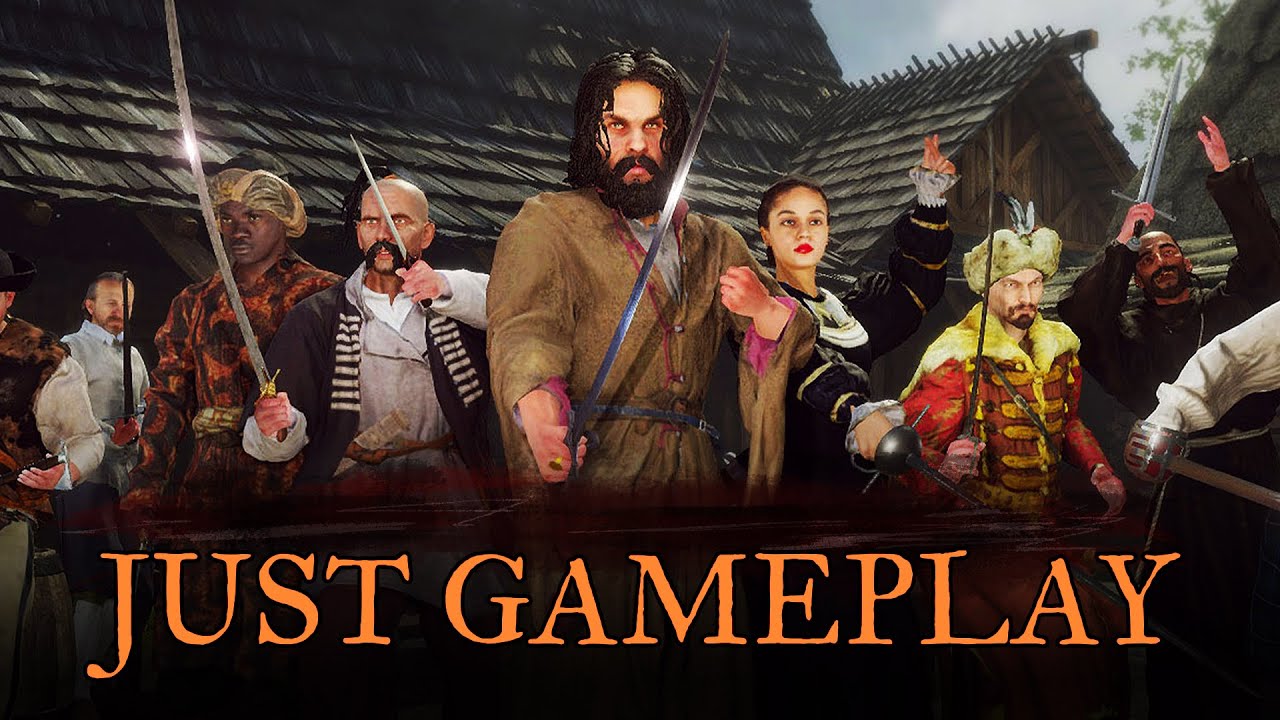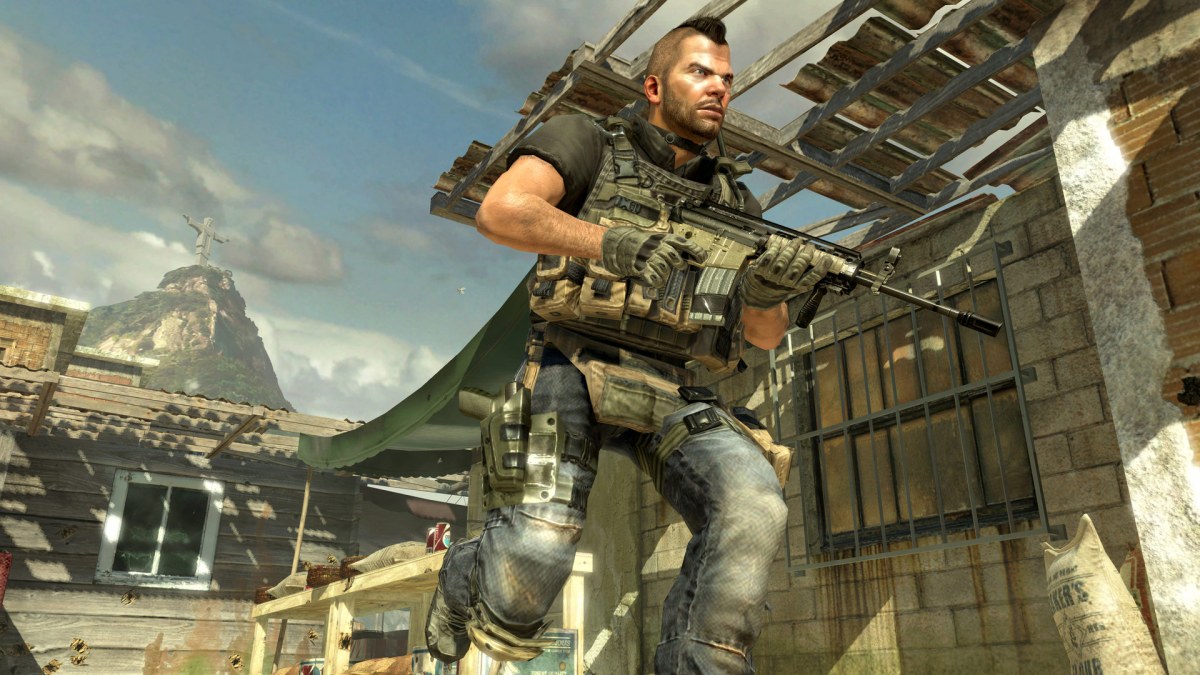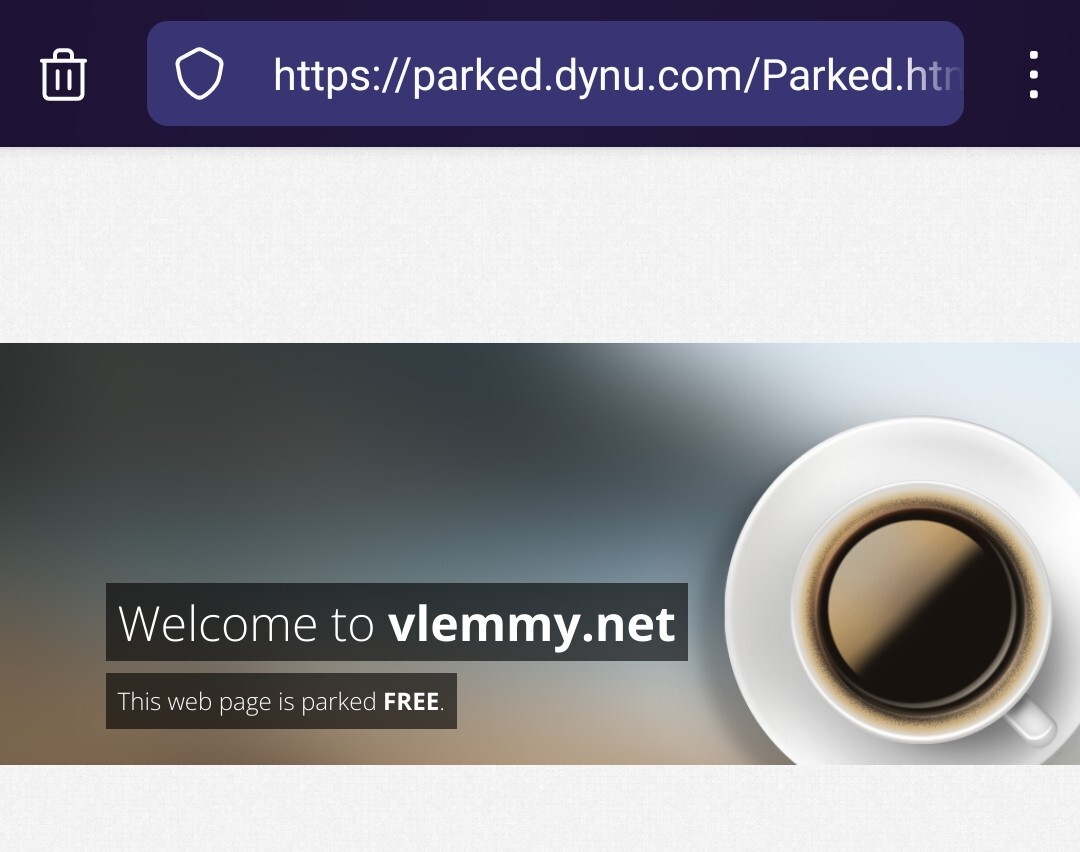PorkrollPosadist [he/him, they/them]
Hexbear’s resident machinist, absentee mastodon landlord, jack of all trades
Talk to me about astronomy, photography, electronics, ham radio, programming, the means of production, and how we might expropriate them.>
- 13 Posts
- 13 Comments

 403·1 year ago
403·1 year agoWithout NATO aid, Ukraine will just plainly be taken over by Purine Russia.
The war would end, a whole lot of people would stop getting killed, and it would open a sliver of space to organize on class lines instead of nationalist ones.
As it is, it is basically illegal to be a communist or an anarchist in Ukraine, and the country is under martial law with NATO-armed and trained fascist brigades doling out summary justice. Could it get worse? Why should the left advocate for people to die on the hill of a country which arrests communists, dismantles labor unions, and liquidates public infrastructure on internet auctions for foreign investors?
If you take the most vulgar Anarchist approach, all states are bad, full stop. Political practice doesn’t even operate on that paradigm. You struggle to undermine oppressive hierarchical systems that you come in direct contact with through direct action. If you take the vulgar Leninist approach, the Proletariat should struggle for the overthrow of their Bourgeoisie (this would include the proletariat of Ukraine and Russia respectively, as well as the proletariat of Western countries which see this conflict only as a means to strengthen their military alliances and diplomatic positions). Of course, the situation is too nuanced to apply such a vulgar approach, but that should be the STARTING POINT for anybody who considers themselves anti-capitalists. You should be able to justify any deviation from those bedrock positions.
 61·1 year ago
61·1 year ago
On the obsolete Hexbear fork, we had some of the UI elements changed to replace the cake with a 6-pack of molotovs. It was indecipherable at icon size though.

 494·1 year ago
494·1 year agoHow’s your country doing today?

 8·1 year ago
8·1 year agoNone.
X-Plane comes close to FlightGear. It has far-superior visuals. fully functional glass cockpits like the Garmin G1000, and simulated ATC, but the vast array of community-made planes available in FlightGear still kinda seals it for me, despite the jank.
FreeCAD has its pain points. Software like Creo Parametric is much more robust in a lot of ways, but I literally cannot run it on Linux (no mouse-wheel zoom in WINE, slide show in QEMU). Fundamentally, they are similar enough, and my work primarily takes place on a component level so I can live without the streamlined assembly workflow. Also, FreeCAD doesn’t cost >$2000, and can still do FEM analysis and computational fluid dynamics. Maybe I could find a crack for SolidWorks and try that out, but it takes a long ass time to learn a CAD system proficiently.
Everyone who learned on Photoshop says the GIMP interface is weird, but I learned on GIMP and can say the same for Photoshop.
Games are the only exception, but games aren’t fungible. Minecraft is not a substitute for Dwarf Fortress. CS:GO is not a substitute for Unreal Tournament.
 811·1 year ago
811·1 year agoIf you want to take the issue of social media manipulation seriously, you need to take a moment to consider who is best positioned and best motivated to carry out these operations. The vast majority of the English-speaking social media platforms are headquartered in Silicon Valley, domiciled in the US. This includes TikTok. Despite all the hippie California Ideology bullshit, the Valley has been closely linked with the Pentagon since its inception (See Palo Alto by Malcom Harris, or Surveillance Valley by Yasha Levine as two examples of this history.) Today, these giant tech firms still live off the teat of military contracts. From Microsoft to Google to Amazon.
The social media platforms enjoy a regime of immense power and nil regulations. There are a lot of ways the state could cause these companies pain if it were interested, from rescinding contracts to imposing regulation, to engaging in some bona fide anti-trust litigation, but this doesn’t happen because they have an understanding. These companies collaborate with the state in surveillance, they install figures like Jessica Ashooh at Reddit - straight out of the Atlantic Council - to run moderation policy. They facilitate counterinsurgency by sweeping up disclosures like the Blue Leaks and shutting down dissident communities in the midst of large scale civil unrest. They flood these platforms with war propaganda when it is convenient, lay the seeds of doubt whenever US interests are challenged abroad. They allow floods of fake users to post positively about US-aligned coups like the one in Bolivia, or the SOSCuba nonsense. We literally have military formations who’s sole task is to manipulate opinion on social media.
These are the people manipulating public opinion on social media. They are the ones holding the keys to the platforms. The ones who DECIDE what the algorithm is going to show you day after day after day. The ones who let shitholes like r/The_Donald to run roughshod for years, then ban communities like r/ChapoTrapHouse in the middle of the biggest domestic protest movement in US history. The ones who remove moderators from places like r/PresidentialRaceMemes and replace them with ideologues from r/Neoliberal to ensure the website closes ranks against the most underwhelming candidate and political vision conceivable for the moment.
Seriously consider the power held by the people operating these platforms. What they believe. What their material interests are. Who they network with. Who they do business with. What constraints exist to severely punish them if they undermine the interests of state. Consider that, and balance that against the overblown panic about foreign influence bots. Which one do you think has a bigger impact?
States are massive, chaotic social systems. I’m not going to say that foreign influence ops don’t occur, because within each state there are competing factions with different interests. But consider China is much more concerned with domestic conditions within their country than they are about what a bunch of Redditors, who they have blocked, think about them anyway. Consider the same about Russia. Consider the disparity in power these countries have to manipulate infrastructure owned and operated in the United States compared to the people who actually own it, and the state agencies which have the jurisdiction to destroy these firms if they step out of line.

 3·1 year ago
3·1 year agoBasically, on Fedora you are a guinea pig for whatever new tech Red Hat (now IBM) is considering rolling out. It is a well polished distro and I have set it up on several people’s computers, but they will be among the first to just foist a whole new replacement subsystem on their users. Can be interesting if you like experimental shit (and what comes to Fedora tends to stick around [i.e. PulseAudio, systemd], unlike a lot of the shit Canonical has tried to introduce [i.e. Upstart, Mir]). Can be a major headache if you are trying to use something which requires iptables and they have jumped into nftables with both feet (for instance).

 5·1 year ago
5·1 year agoYou can pry gentoo from my cold dead hands. The ability to do things like mix LTS and git HEAD packages at will is yuuge, as well as the dynamic dependency graph based on enabled features. Some newer distros like Nix and Guix come close, and even offer the ability to skip compilation via their package caches, but they have a number of pain points in my personal experience.

 6·1 year ago
6·1 year agoThis might be possible if you can configure your computer as a bluetooth audio sink, link a second device to it, mix the audio, and then connect your headphones to the computer. Never tried or looked into doing this though. It will need some third party software to pull off if you are using Windows, or some manual configuration if you are using Linux.
It won’t be convenient, but it can be done.

 91·1 year ago
91·1 year agoSetting up email is a fuck. Every once in a while I check the mail server for my mastodon instance and there’s always sign-up mails which were undeliverable. The server is only on two block-lists and those block-lists block the whole IP range because it is a VPS host. Most providers work, but iCloud and ProtonMail in particular reject everything.

 5·1 year ago
5·1 year agoThe Distro isn’t super important, since Valve started shipping their own runtime (for Linux ports) and Proton (for Windows games). Anything modern outside of the strictly free-software distros (things like Ututo, Guix, etc. which do not ship proprietary firmware or drivers of any kind) will suffice.
There are a few different approaches to playing Windows games. Some have direct ports. Games like Doom, Quake, were open-sourced a long time ago and have dozens of ports with all sorts of features. Other games, like CS:GO, Kerbal Space Program, X-Com: Enemy Unknown, etc. are not open source, but have ports produced by either the developer or the publisher. A LOT of indy games have ports available, and most modern game engines like Unreal, Unity, Godot, etc support Linux targets (whether the publishers give a shit is another story.) These typically target the Steam Runtime (a collection of specific versions of graphics, audio, and auxiliary libraries that Steam will install). These libraries are also provided by distributors, but the distribution libraries will typically be newer. This is normally a good thing, but commercial ports don’t receive frequent updates and are likely only tested against the Steam Runtime.
If there is no port available, the next option is Wine. Wine is a Windows compatibility layer which is capable of loading Windows PE format executables on Linux and dynamically linking them to a large collection of substitute DLLs which implement Windows functionality on top of Linux. Proton is the version of Wine shipped by Steam, with a bunch of tweaks specifically focusing on graphics performance. Most of the time, games will work in Proton, but there are a handful of cases where they work in Wine/Wine-Staging but not in Proton.
If the game requires an anti-cheat component, it will almost certainly not work in WINE/Proton, because the whole basis of getting Windows games to work on Linux operates using the same mechanism as cheats: replacing “genuine” components of the Windows operating system with 3rd party code to intercept system calls and do something other than intended.
A much more complicated route would be to set up a virtual machine. A virtual machine is a full blown PC-emulator, except since the host machine shares the same instruction set as the guest, it is a lot faster. This is not enough not yield good performance in games though, because games also require direct access to the video hardware. To do this, you need a SECOND graphics card for the guest operating system, then you can try to configure PCI-e passthrough (so the video driver in the guest OS talks directly to the video hardware). This is probably the most complicated approach, but you end up running genuine Windows virtualized on real hardware. In addition to the second GPU, you need to make sure you have the overhead in CPU / RAM / storage to run multiple operating systems concurrently such that gaming performance won’t be substantially impacted. Additionally, you probably need a second monitor if you want to interact with both the guest and host operating system simultaneously.
Finally, if none of that works, it may be worth looking into whether ports for other platforms exist. If you struggle running a dated Windows game in WINE, you might have better luck emulating a release for PS2/3, GameCube/Wii/WiiU/Switch, etc. The state of Nintendo platform emulation in particular is phenomenal, and it is trivial to increase the video resolution beyond what the official hardware supports if your machine has the horsepower for it.

 131·1 year ago
131·1 year agoI’m kind of interested in WriteFreely at the moment, if I wanted to start something up. Seems like a good tool to write stuff and make it easily accessible on the Fediverse.
















First of all, there are two different drivers for the DS4 -
hid_sonyandhid_playstation. hid_playstation is a relatively new one, developed by Sony. hid_sony is an older one which had been reverse engineered years earlier. There was a good stretch of time where hid_sony worked perfectly for me, but now I seem to need hid_playstation. On Gentoo, since about a year ago, I have had to manually enable hid_playstation in the kernel menuconfig (which required enabling an additional LED driver first) and use it instead of hid_sony to get my DS4 working. Otherwise I had problems where it would work some nights, not work at all others, or just the trackpad would work for some reason.